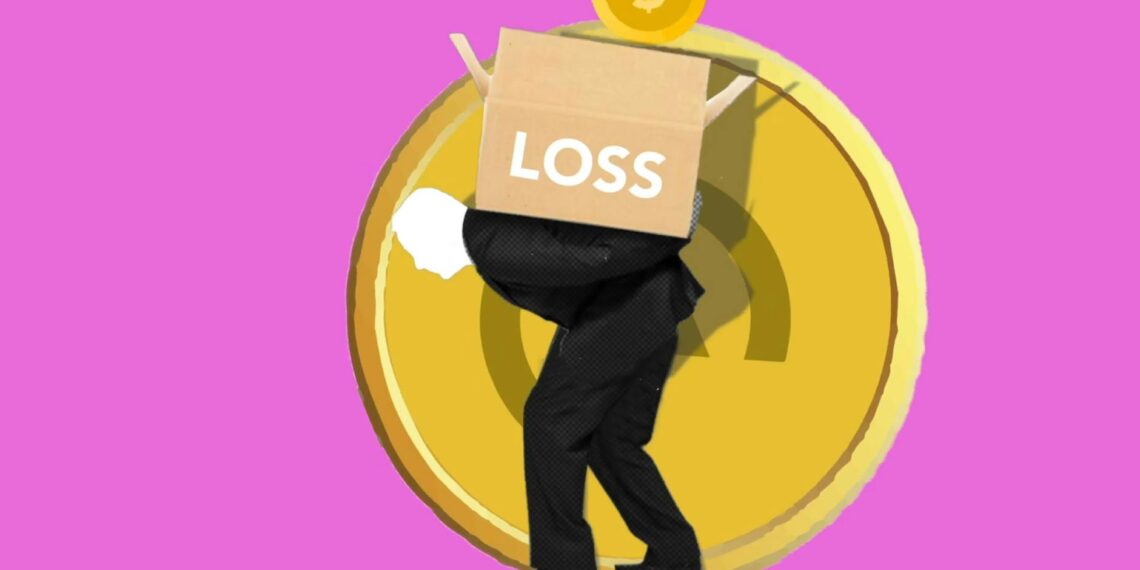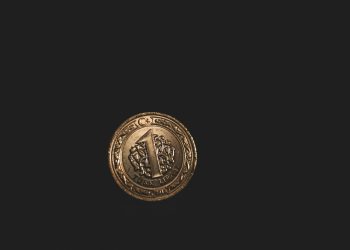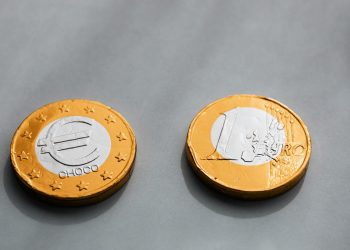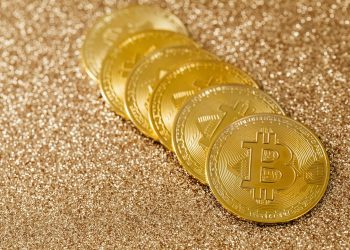Fees for depositing coins and currency can vary significantly depending on several factors, including:
- The type of deposit: Depositing loose coins, rolled coins, or currency straps can incur different charges.
- The amount being deposited: Banks often offer a certain amount of free processing or a fee waiver up to a specific limit, after which a percentage or fixed fee applies.
- Customer status: Some banks may offer free coin counting or processing services only to account holders, while non-customers may be charged a fee.
- The method of deposit: Using a bank teller or a coin-counting machine (if available) may lead to different fees.
- The specific financial institution: Fees and policies vary significantly between banks and credit unions. It’s crucial to check with your specific bank for their terms and conditions.
- Coin Counting/Processing Fees:
– Many banks offer a certain amount of free coin processing, especially for rolled coins, but may charge a fee for large deposits or loose coins.
– Some banks may charge a percentage of the amount deposited for bagged or loose coins, while others might charge a flat fee per standard bag.
– For example, Capital Bank (Houston, TX) charges 1% of the deposited amount for bagged coins and 2% for loose coins.
– Clark County Credit Union charges $0.03 per $1 or $8 per standard bag for coin machine deposits.
- Currency Deposit Fees:
– Some banks, like U.S. Bank, may include a certain number of units (e.g., 25) free per statement cycle for cash deposits, after which a fee per $100 applies.
– First Citizens Bank offers free coin and currency processing up to a certain limit (e.g., $15,000 or $20,000) per statement period, and then charges a fee per $100 for deposits exceeding that limit.
– [Capital Bank (Houston, TX)] charges $1.50 per $1,000 for cash deposited processing, with the first $10,000 deposited per statement cycle being free.
- Coin Order/Currency Order Fees: If you need to order specific denominations of coins or currency from your bank, you might be charged a fee.
- Non-Customer Fees: Some banks may charge non-customers for coin exchanges or deposits, while others might offer limited services (e.g., Chase accepts up to $200 in rolled coins from non-customers).
- It’s always recommended to contact your bank or credit union directly to inquire about their specific fees for coin and currency deposits, as these can change.
- Many banks provide free coin wrappers to customers, allowing you to roll your coins and potentially avoid some processing fees or make the deposit process smoother.
- If your bank doesn’t have a coin-counting machine, or if you prefer to avoid potential fees, you can consider using third-party services like Coinstar, but be aware that they typically charge a significant fee (e.g., up to 12.9% plus a transaction fee for cash payouts).
- Depositing more than $10,000 in cash may trigger reporting requirements for your bank with the IRS, as part of efforts to combat money laundering and other illegal activities.











Do banks charge a fee for depositing coins?
Yes, You Can Deposit Coins at Your Bank
Most banks or credit unions will accept rolled coins from customers, but some may charge a fee for the service. Some banks, such as Wells Fargo, will exchange rolled coins for customers without a fee.
Does Chase charge a fee for cash deposits?
Great question! After that, a $0.40 fee per transaction is charged — but only on deposits and withdrawals made with a teller, and paper checks written on your account. No fee is charged for electronic deposits and deposited items, ATM and ACH transactions, Chase QuickDeposit℠ 4 , debit card purchases and internal transfers.
Does First Citizen charge foreign transaction fees?
From my experience, The current Prime Rate as of December 31, 2024, is 7.50% and may vary in the future. The transaction fee for cash advances is $10 or 5% of the amount of the cash advance, whichever is greater. The transaction fee for foreign transactions is 3% (0% for Travel Rewards) of each transaction after conversion to US dollars.